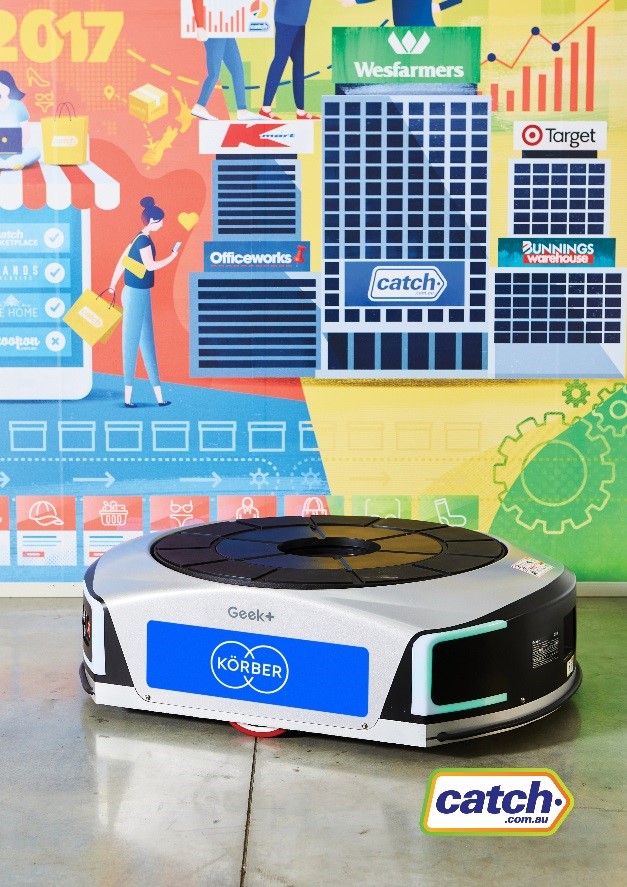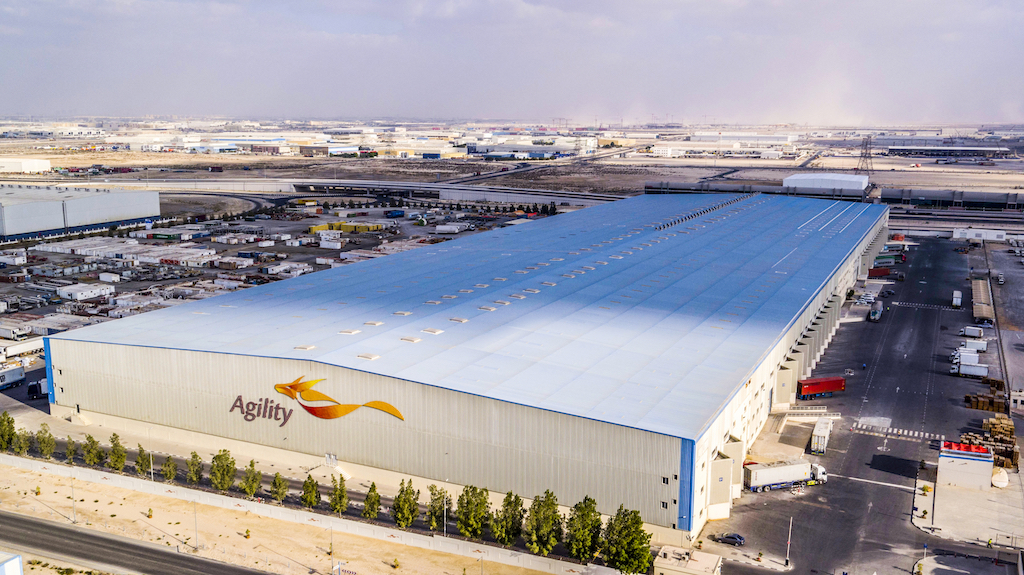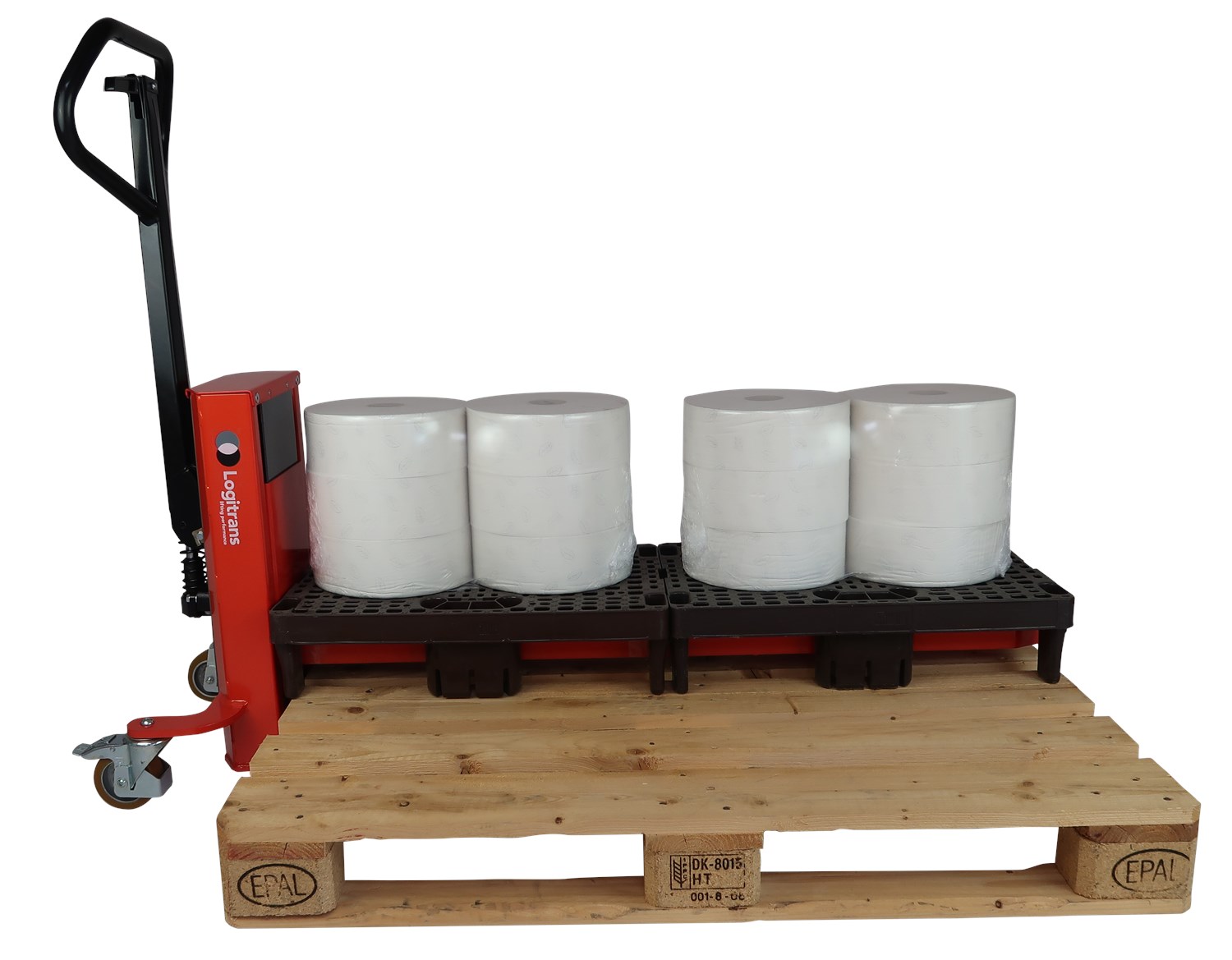Edward Hutchison, Managing Director of BITO Storage Systems, explains how using pallet racking for small parts storage turns this ubiquitous storage product into a flexible order picking solution.
“While constant innovation generates a stream of new intralogistics solutions, ‘classic’ pallet racking remains the most commonly used storage system. Its relatively low investment costs and flexibility – whether through changing rack configuration, retrofitting special purpose modules or adding extra bays – have made it an indispensable framework for storage and order picking systems.
“Of course, many operations use pallet racking as the basis for straightforward storage and retrieval of full pallets, either to fulfil customer orders or as a bulk store for replenishment. But the trend toward shorter product life cycles is increasing SKU numbers. The drive to minimise stock levels for each SKU and improve picking process efficiency to speed up order fulfilment, combined with demands for Just-in-Time delivery and online retail, is generating a greater need for small parts storage.
“This is where the adaptability of pallet racking comes to the fore because small parts picking can be easily integrated within pallet racks. One option is to create small parts pick locations on the reachable ground level, with upper storage levels serving as a buffer store for replenishment. Small parts storage containers will help to store and organise small goods and C-parts – making them available for quick and easy picking. This will result in a reasonably efficient picking process but ground floor locations within a pallet rack will, of course, be limited. Solutions are therefore required to maximise the available space to create a pick face with sufficient locations for the required SKUs, and enough stock to ensure availability during picks.
“Flow shelves can be easily installed into pallet racking to increase the number of pick locations and volume of SKUs located on the ground level pick face. Goods are effortlessly accessible from the front of the racking – the rollers on the flow shelves allow bins and containers containing small items to be picked to roll smoothly to the front of the shelf – which makes picking easy. A full container of parts will roll to the operator each time the empty one at the front removed.
“Standard shelving is another option to create flexible small item pick faces within pallet racking. There are several solutions: the first incorporates static shelving at right angles to the racking, with space in between each run to facilitate picking. An alternative option is pull-out mobile shelving that maximises the available space under the racking – though movement of shelving has a negative impact on pick time. A third solution involves static shelving parallel to racking, which makes front items easy to pick. Shelving dividers can be fitted.
“Inclined supply shelving within a pallet racking bay will make items clearly visible for picking. Cardboard cartons or plastic bins can be used, though the later option enables preparation in advance at the goods-in area by filling the plastic bin with the items to be picked.
“Plastic bins and containers will keep goods protected throughout the intralogistics process and during transport to ensure products are delivered to the customer in prime condition. It is worth seeking out storage system suppliers that in addition to offering racking, shelving and flow lanes, also provide a container range comprising a variety of sizes with and a broad choice of accessories. Such a supplier will be able to design the optimum system to fit a given space, maximise the potential for small parts picking and, ultimately, improve fulfilment.”







